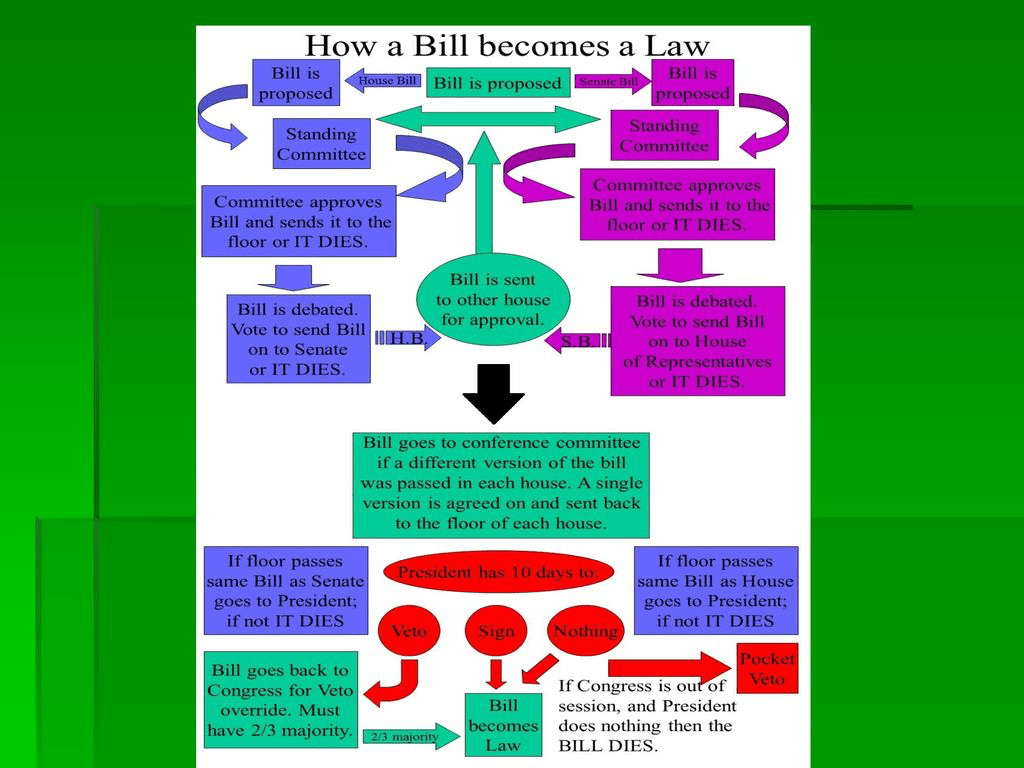Oregon’s new Democratic Congresswoman is learning quickly how to play the game.
On March 24, 2025, Democratic Rep. Janelle Bynum and two other House members, Reps. Cleo Fields (D-LA) and Sam Liccardo (D-CA), introduced a bill, H.R. 2287. The bill would require the Federal Reserve to study the impact of certain U.S. tariffs on the cost of goods and services in the United States.
“Every day I hear from my constituents that they’re struggling to afford groceries, rent, healthcare, and other necessities,” Bynum said in a press release. “Lowering costs has always been priority number one for me.”
Liccardo assailed Trump’s controversial tariffs “misguided economic measures” and said the study would allow Congress to advance “common-sense legislation that would provide much-needed relief to hard-working Americans.”
Of course, Bynum’s full-throated plea for a study on an issue of concern to her constituents got media coverage in Oregon – and that was the point. In fact, that was likely the whole point.
When I was a reporter at The Oregonian years ago, after serving on the staff of a House of Representatives subcommittee, I argued against giving a lot of coverage to bills when they were initially proposed by Oregon members of Congress. Far too often, they were just messaging bills, attempts to get publicity on a topic of interest to Oregonians, not serious legislative proposals with a high potential for enactment.
After all, any member can go to legislative counsel and get a bill drafted. And a lot do. In the 118th Congress (2023-25), 10,564 bills were introduced in the House and 5,649 in the Senate. In contrast, the 118th Congress, which began on January 3, 2023, and ended on January 3, 2025, enacted just 274 public laws.
What really matters is whether a bill gets a committee or subcommittee hearing and moves through the legislative process or key elements of the bill are incorporated in other legislation that does the same and become law.
Truly effective lawmakers go beyond press releases.
The Center for Effective Lawmaking (CEL), a joint program of the University of Virginia and Vanderbilt University, does deep dives into the work of every member of Congress and develops Legislative Effectiveness Scores based on a combination of fifteen metrics capturing the bills that each member of Congress sponsors, how far they move through the lawmaking process, and how substantial their policy proposals are.
The Center’s newest report on the Legislative Effectiveness of the 118th Congress (2023-25) was just released.
Getting a little wonky, the Center provides a comprehensive explanation of its methodology.
For example, a Legislative Effectiveness Score for each member of the U.S. House and Senate captures the proven ability of a legislator to advance his or her agenda items through the legislative process and into law.
In the House, for example, the Center begins by identifying the number of bills that each member of the House of Representatives sponsored and the number of those bills that received any action in committee or action beyond committee on the floor of the House. The Center than categorized all bills as being commemorative, substantive or substantive and significant. A commemorative bill, for example, satisfied any one of several criteria, such as providing for a renaming, commemoration, private relief of an individual, and the like.
For those bills that received any action beyond committee, the Center identified how many of those bills subsequently passed the House and how many became law. Members also get credit if a substantial portion of the language in their sponsored bills is incorporated into other legislators’ bills that become law.
None of Oregon’s Representatives made the Center’s top 10 list of lawmakers in the 118thCongress (2023-25).
Democratic Senator Jeff Merkley, however, came in 5th in the Center’s top 10 list of Senate Democratic lawmakers in the118th Congress. Merkley chaired the Interior, Environment, and Related Agencies Subcommittee of the Appropriations Committee, as well as chairing the Chemical Safety, Waste Management, Environmental Justice, and Regulatory Oversight Subcommittee of the Environment and Public Works Committee. He successfully advanced two sponsored bills into law: the Stop Institutional Child Abuse Act, and the Promoting a Resolution to the Tibet-China Dispute Act.
The Center also highlighted 12 High-Performing Freshmen who scored in the “Exceeds Expectations” category in their first terms in office. Notably, two of them were from Oregon, Republican Rep. Lori Chavez-DeRemer (6th) and Democrat Rep. Val Hoyle (9th). Hoyle was re-elected in November to represent Oregon’s 4th District. Chavez-DeRemer was defeated in her race, but was subsequently appointed Secretary of Labor by President Trump.
Every member on this High Performing list had at least one of their sponsored bills become law or at least had the language from one of their sponsored bills substantially incorporated into another measure that ultimately became law.
“Given that…research suggests that performance in a legislator’s freshman term is highly correlated with subsequent lawmaking effectiveness, as well as with their overall career trajectory, we might expect to see these Representatives continuing to be effective lawmakers and setting the agendas of the Democratic and Republican parties in the future,” the Center’s report noted.
So don’t take a slew of bills introduced by a member of Congress as an assurance of their impact. For a real understanding of legislative effectiveness, you have to dig a lot deeper.






